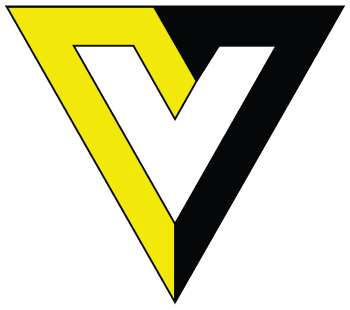|
Size: 1709
Comment:
|
Size: 2345
Comment:
|
| Deletions are marked like this. | Additions are marked like this. |
| Line 9: | Line 9: |
| '''What Use Are Rights?''' A stronger person may infringe a right, but never take it away. A chained slave retains the right to be free; and if an opportunity (or help) arises, would be moral to take it. The general idea is due to Hume and his is-ought problem; rights are an "ought", power is an "is"; and all of what "is" cannot justify what "ought" to be. And similarly, what "ought" to be does not change what "is"; although a person may use an argument about what should be to convince others; hence the main use for rights is not protection (they are not armor) but communication, persuasion, and education. ([[DBR]]) |
David Hume, a philosopher, pointed out a long time ago that one cannot derive an "ought" from an "is". A parallel (that means similar point) today is that rights (legitimate claims, things that "ought" to be) and power (ability, what "is") are distinct.
Now, keep on following, because here it gets interesting. Sometimes, right and power are aligned—you have the right to do something, like bear arms, and you have the power to do it and no evil person will try to stop you. And sometimes you have neither the right nor the power to do something (you may want to kill someone that has done you no harm, but is making you look like an idiot by refuting your assertions with reason, but you can't). This is also good and right, because right and power are aligned.
Where we have trouble is where a person has the right to do something, but not the power, or the power to do something, but not the right. Let us illustrate with examples. Since slavery seems to be the topic du jour, then understand that while slaves had the right (legitimate claim) to liberty, they did not have the power to exercise that right: superior force was used against them.
For an example of the opposite, where power exists but not right, consider a mugger that robs someone of their wallet. They have the power to take the wallet, but not the right to do so. (Some ignorantly say that "might makes right"; but it does not; those people do not understand that right and power are different, and that one does not imply the other.) (DBR)
What Use Are Rights?
A stronger person may infringe a right, but never take it away. A chained slave retains the right to be free; and if an opportunity (or help) arises, would be moral to take it.
The general idea is due to Hume and his is-ought problem; rights are an "ought", power is an "is"; and all of what "is" cannot justify what "ought" to be.
And similarly, what "ought" to be does not change what "is"; although a person may use an argument about what should be to convince others; hence the main use for rights is not protection (they are not armor) but communication, persuasion, and education. (DBR)
Related: NaturalLaw, StatistFallacies/RightsComeFrom.
